Immutability in Go
Post mortem from a DoS-ed blockchain
10 October 2016
dotGo, Paris
Péter Szilágyi
Ethereum Core Developer

Péter Szilágyi
Ethereum Core Developer


Global peer-to-peer networks
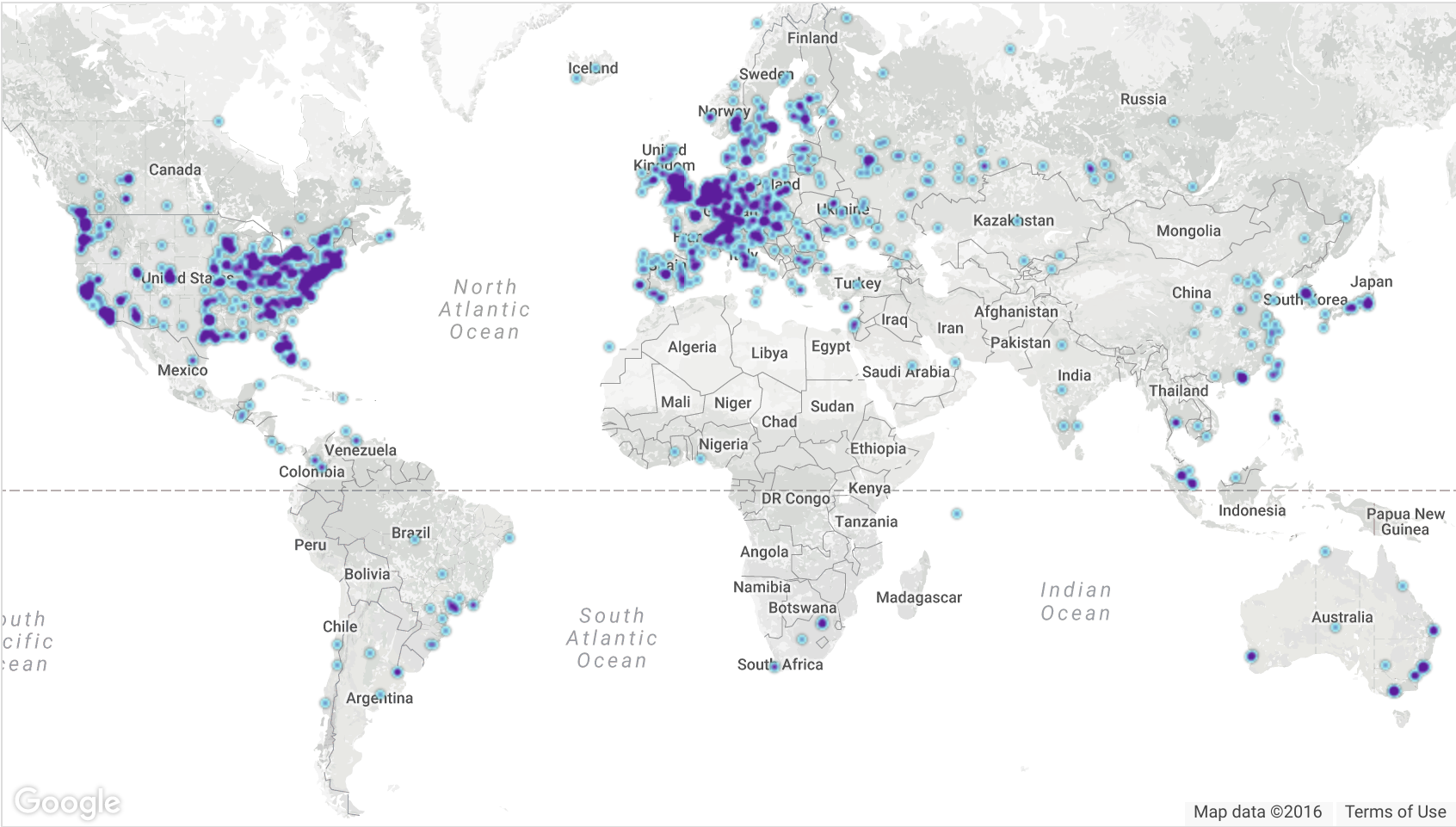
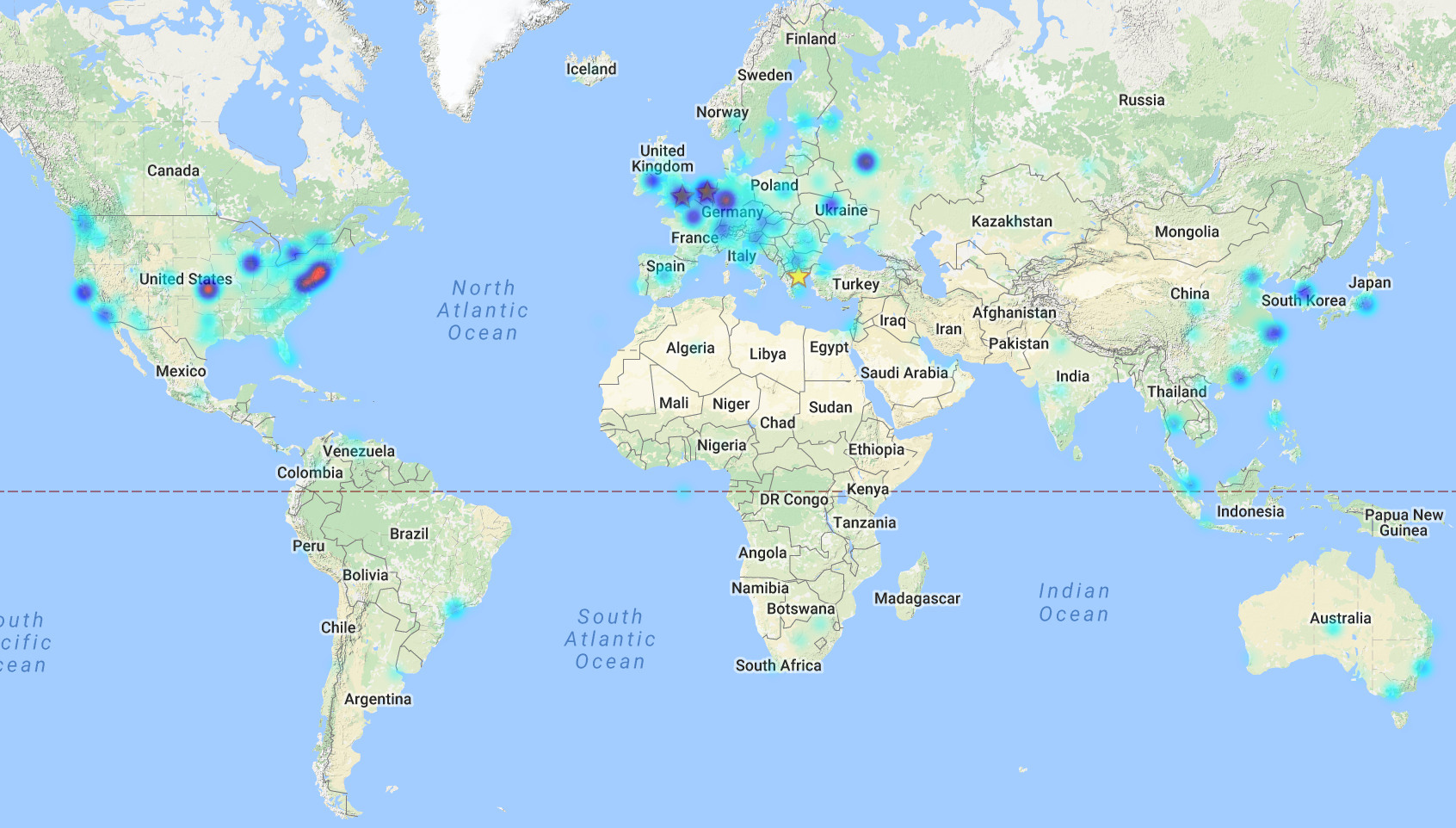 5232 Bitcoin nodes (29th September, 2016)
7480 Ethereum nodes (29th September, 2016)
5232 Bitcoin nodes (29th September, 2016)
7480 Ethereum nodes (29th September, 2016)

Attempts at uncorruptible shared truths
 To infinity... and beyond!
To infinity... and beyond!

Most toxic ecosystems in technology... (⊙_⊙)

 Mt. Gox: Bitcoin's largest heist
TheDAO: Ethereum's largest heist
Mt. Gox: Bitcoin's largest heist
TheDAO: Ethereum's largest heist

"Ethereum is a decentralized platform that runs smart contracts: applications that run exactly as programmed without any possibility of downtime, censorship, fraud or third party interference."



19th September, 4 in the morning

Ethereum's current state is a 2.8M node trie



Slight caveats with this model
 (1)
(2)
(3)
(1)
(2)
(3)
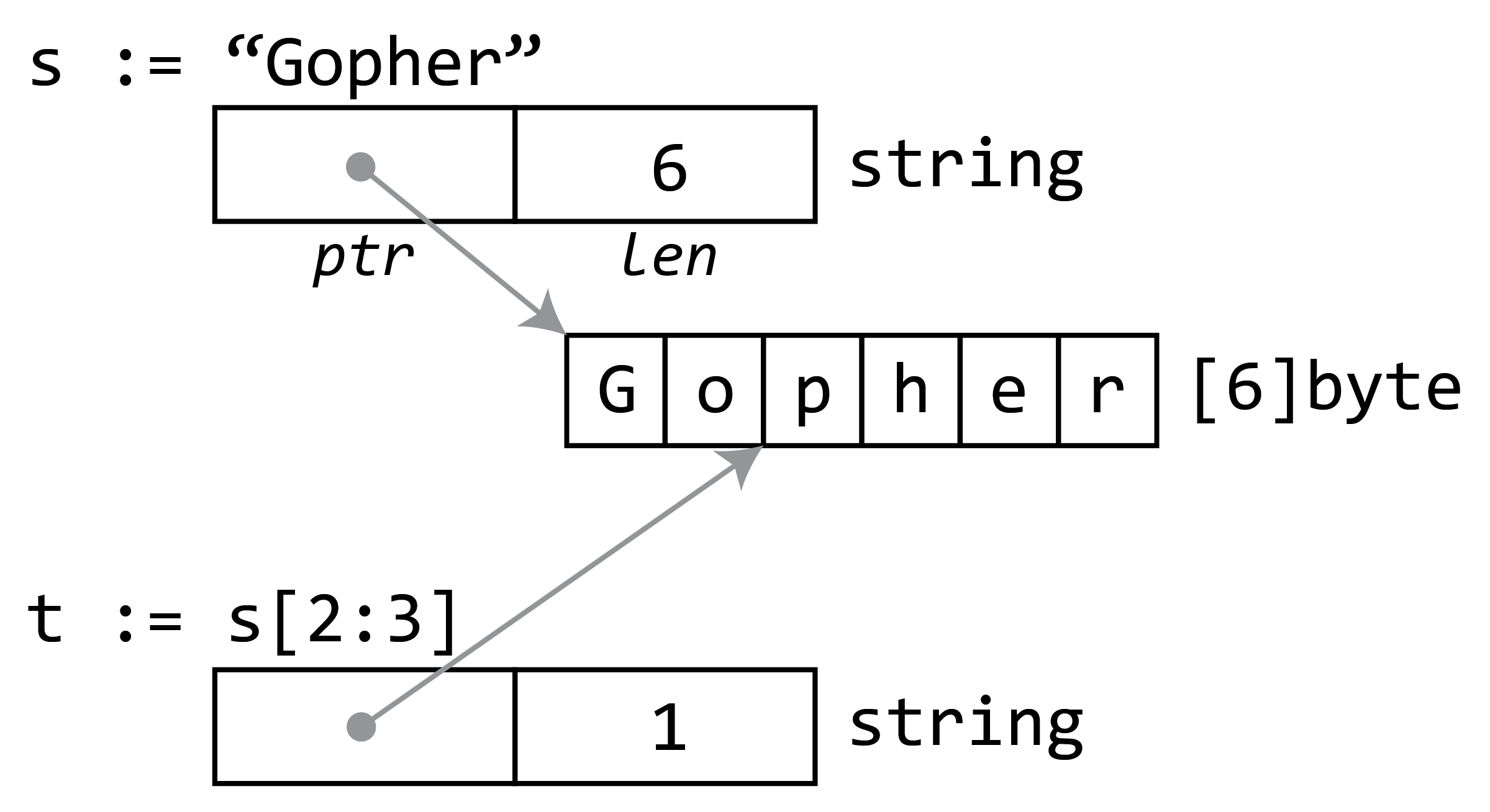
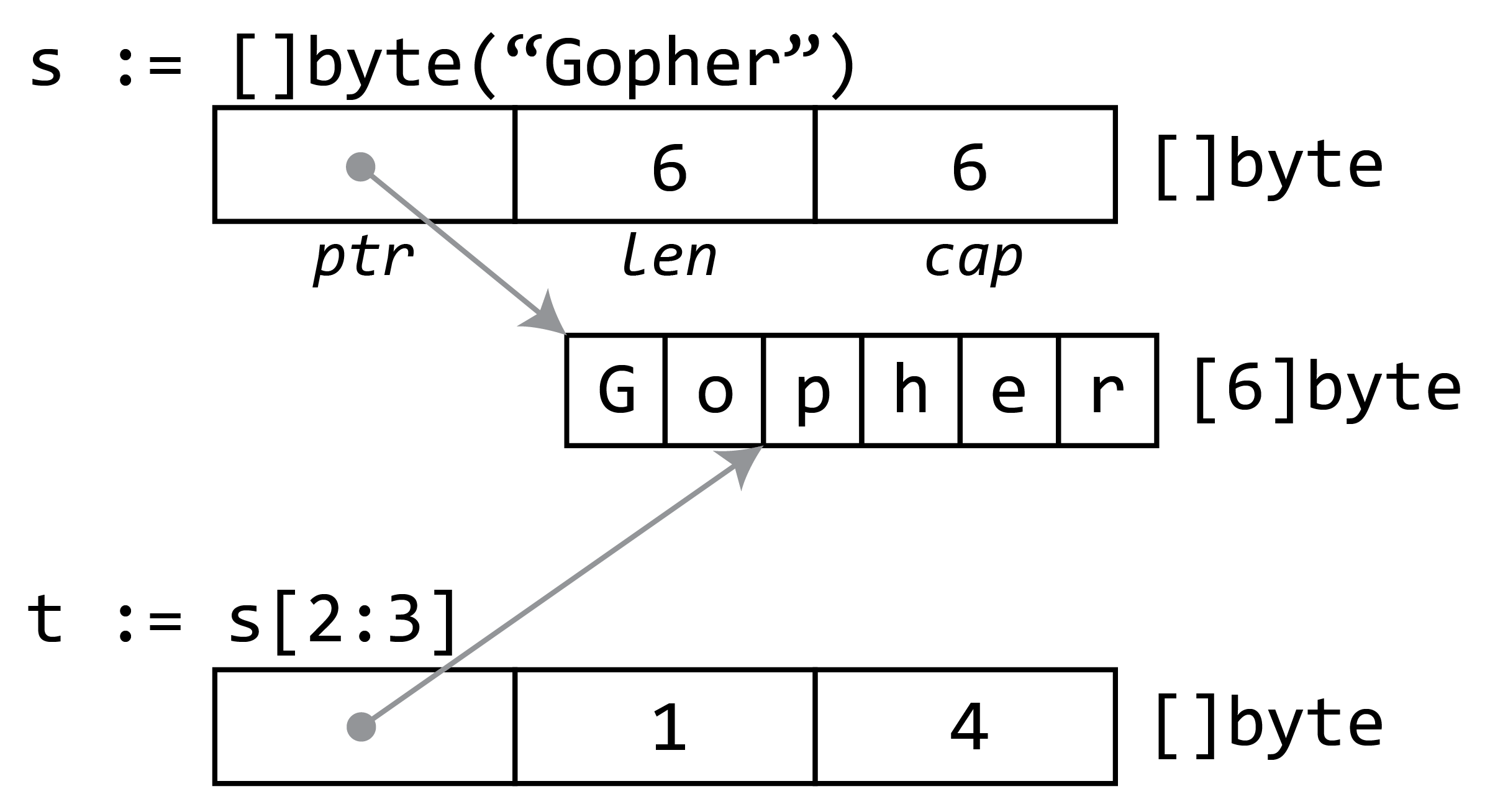




Slices can change, but strings are immutable¹

Custom structs can be made immutable

Data purity must be preserved
type Gopher struct { name string // Immutable type picture []byte // Mutable type }
func NewGopher(name string, pic []byte) *Gopher { g := &Gopher{ name: name, // Shallow copy immutable picture: make([]byte, len(pic)), // Deep copy mutable } copy(g.picture, pic) return g }
func (g *Gopher) Name() string { return g.name } // Shallow copy immutable func (g *Gopher) Picture() []byte { // Deep copy mutable pic := make([]byte, len(g.picture)) copy(pic, g.picture) return pic }
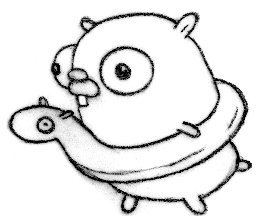

Arbitrarily complex object hierarchy

Immutable objects need to remain light
type Gopher struct { name string picture []byte parents [2]*Gopher // Lightweight immutables }
func NewGopher(name string, pic []byte, parents []*Gopher) *Gopher { // [...] Init basic fields as previously for i, parent := range parents { // Dereference any pointers cpy := *parent g.parents[i] = &cpy } return g }
func (g *Gopher) Parent(idx int) *Gopher { cpy := *g.parents[idx] // Internal pointers never escape return &cpy }
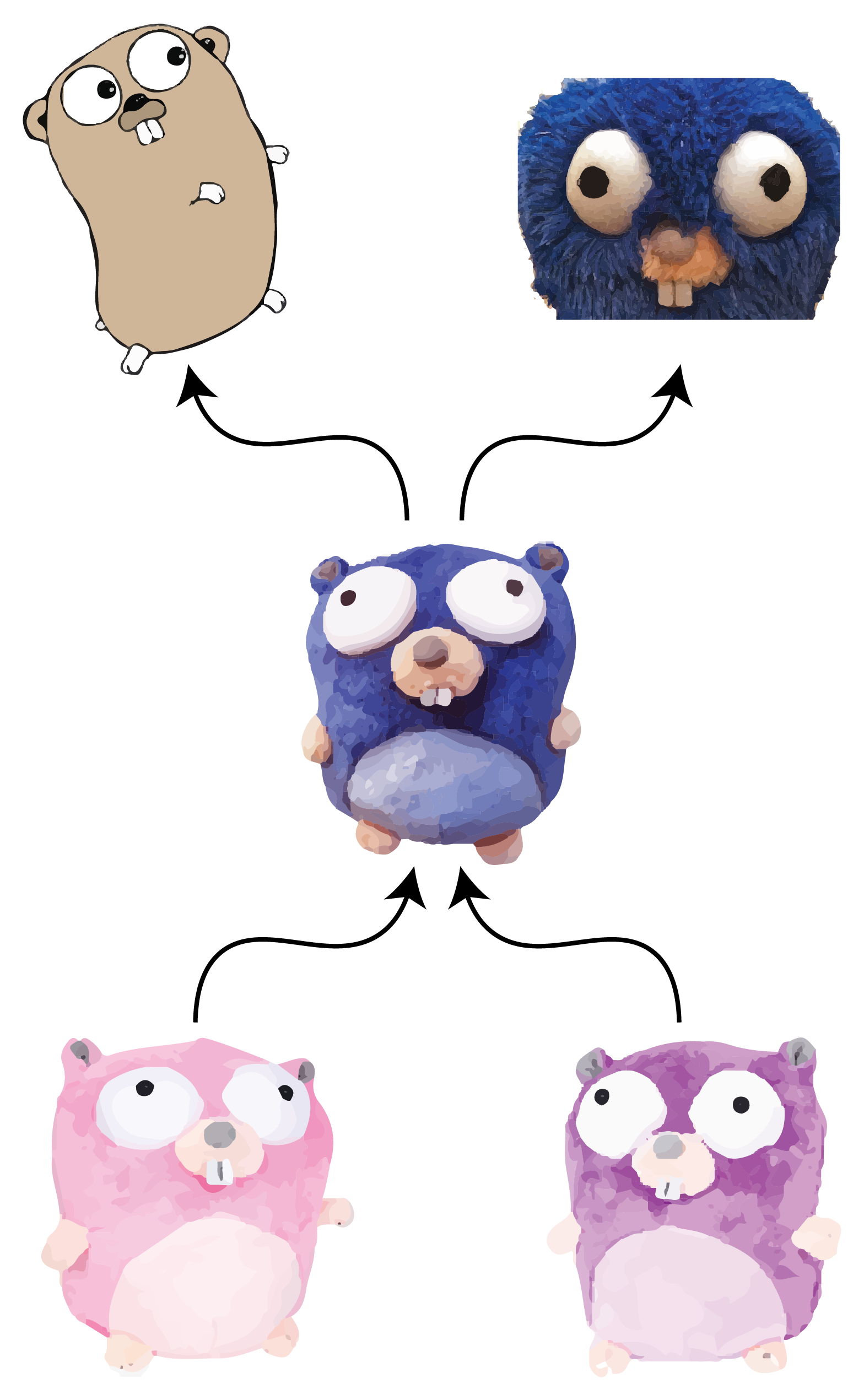

Updates can be done (only) via recompositions

Mutations always result in new objects

func ExtendFamilyTree(gopher, ancestor *Gopher, ancestry []int) *Gopher { mutable := *gopher // Reconstruct all objects on the update path if len(ancestry) == 0 { // Mutate the object at the deepest level if mutable.parents[0] == nil { mutable.parents[0] = ancestor } else { mutable.parents[1] = ancestor } } else { // Unwind and recombine objects on the update path index := ancestry[0] parent := mutable.parents[ancestry[0]] mutable.parents[index] = ExtendFamilyTree(parent, ancestry[1:], ancestor) } return &mutable }





Lightweight object trees
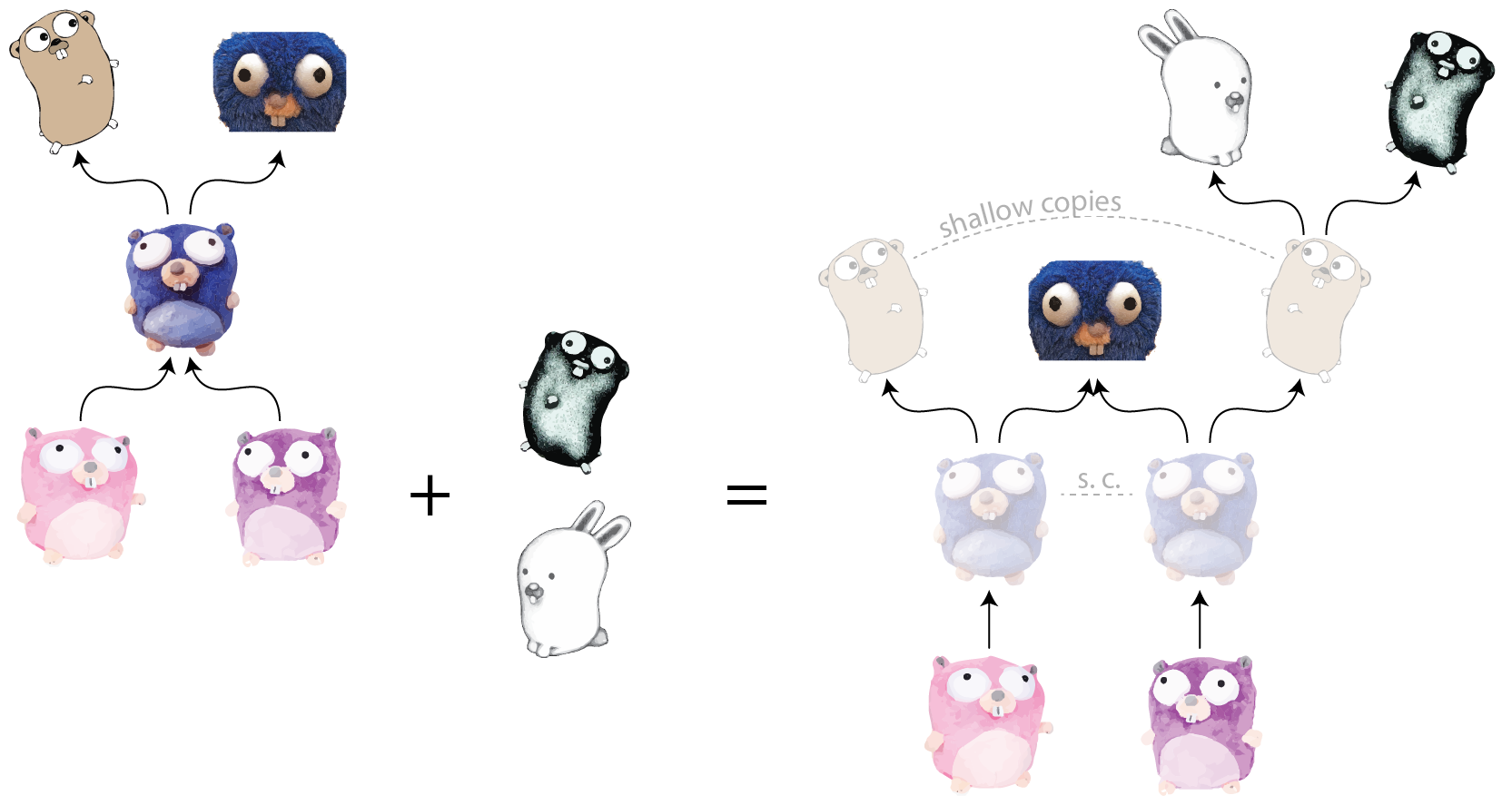

Data structure immutability is nice

Data structure immutability is hard


Ethereum Core Developer
 Gophers drawn by Renee French
Gophers drawn by Renee French